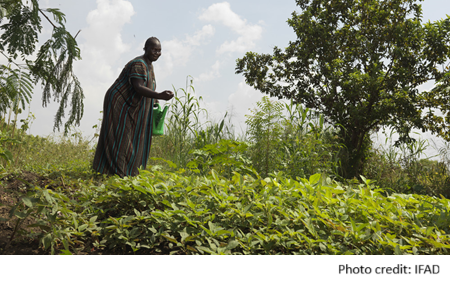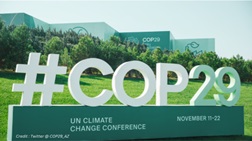COVID-19 Response and Recovery
As a network of older women advocating for the human rights of African grandmothers, we have always been guided by the African philosophy of ubuntu. Ubuntu defines what it means to be truly human: we affirm our own humanity when we acknowledge the full humanity of others. The ubuntu principles of dignity, respect, empathy, caring, sharing, and compassion are more needed than ever in these unprecedented times.


